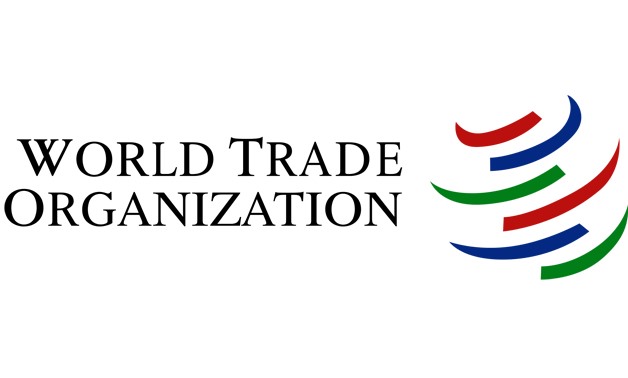
WTO - Creative Commons via Wikikmedia
GENEVA - 22 Nov 2017: Qatar took the final step on Wednesday to start litigation at the World Trade Organization in its row with the United Arab Emirates, but no other WTO members supported its move, which many trade experts see as a dangerous precedent.
The UAE was one of four countries - along with Saudi Arabia, Bahrain and Egypt - that cut ties with Qatar, a major gas supplier and site of the biggest U.S. military base in the Middle East, on June 5. They accused Qatar of financing militant groups in Syria and allying with Iran, their regional foe.
Qatar denied the allegations and opened WTO dispute proceedings against the UAE, Saudi Arabia and Bahrain. It pressed its case against the UAE alone, and last month it asked the WTO to set up an adjudication panel.
The UAE was allowed to block Qatar's request once, but could not block a second request for a panel, which came on Wednesday.
The UAE has already said that it plans to thwart the Qatari litigation by resorting to the WTO's national security exception - something that's never been tested as a defence in WTO litigation.
Trade diplomats have previously said that using the exception could open Pandora's Box. Henceforth, any of the WTO's 164 members might cite national security to skirt the usual trade rules.
At a meeting of the WTO's dispute settlement body on Wednesday, no other member backed Qatar's move to litigate.
The United States said the panel should simply limit its findings to say the security exception had been invoked, according to a trade official attending the meeting.
Saudi Arabia, Bahrain and Egypt backed the UAE's position. Yemen said the issue should be resolved within the Gulf Cooperation Council.
"We continue to be astounded by Qatar's inconsistent and contradictory accusations on this matter, the latest being that these clearly stated security measures can somehow achieve commercial objectives," Bahrain's representative said.
Other countries' delegates, including South Korea, said the WTO was not the right forum for resolving a political dispute. China's representative said the national security exception was sensitive and should be used only exceptionally.
Canada's representative suggested that WTO Director General Roberto Azevedo could use his good offices to try to resolve the dispute.
Comments
Leave a Comment